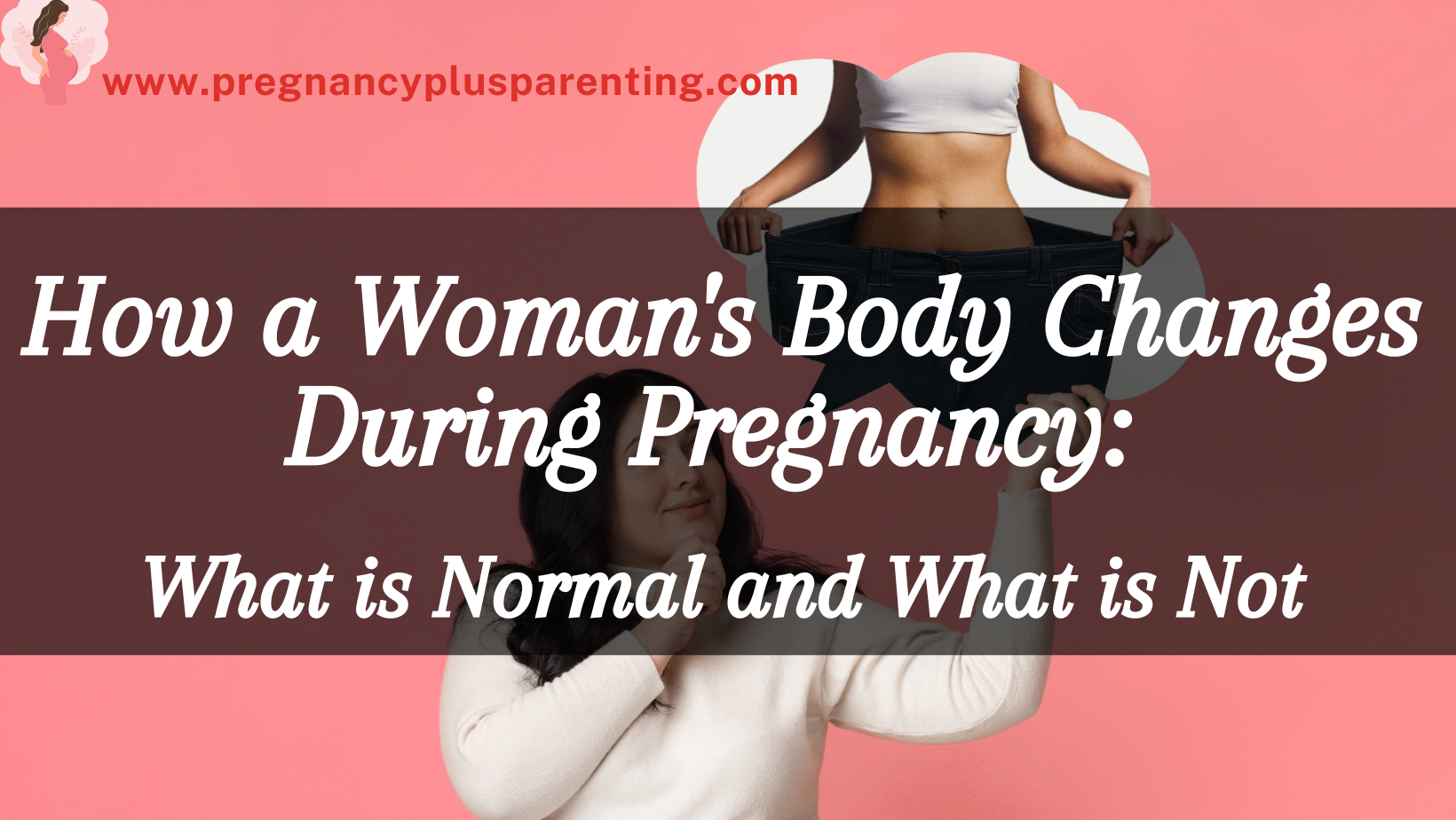Folic Acid & Fertility: The Crucial Prep Step Every Woman Should Know
If you’re not yet pregnant, you might be a little surprised to learn that folic acid can be very helpful if you’re trying to conceive. Folic acid can actually help you get pregnant.
That’s not the only reason to use this remedy. Did you know that folic acid has been recommended in Germany since 1994?
Nevertheless, it has been shown that only half of all women are aware of the importance of folic acid. Why does it play an important role, and which folic acid supplement is recommended for those trying to conceive?
Why should you take folic acid before becoming pregnant? Which foods contain folic acid?
Which folic acid supplements can help adequately meet my folic acid needs? Is an overdose possible? When is the best time to start taking them?
In this article you will find answers to these questions and learn why it is important to prepare your body for pregnancy .
The difference between folic acid and folate
Vitamin B9, which is water-soluble, is called folate, while the synthetic form of this vitamin is called folic acid.
The folates found in food and synthetic folic acid are absorbed differently by the body. Folic acid is more stable and can be utilized almost completely (85%) by the body, while folate from food can only be utilized to about 50%.
Folic acid is used in dietary supplements and is also used to fortify certain foods such as pasta, bread and flour.
Another term I’d like to introduce to you here is folate equivalent. Folate equivalents express the recommended amount of folic acid intake.
When consumed on an empty stomach, one microgram of dietary folate corresponds to one microgram of folate equivalent and 0.5 micrograms of folic acid.
Why is folic acid important when trying to conceive?
Every woman who wants to have children, and especially every pregnant woman, must ensure that she has a balanced and healthy diet and takes in sufficient vitamins and minerals.
A healthy lifestyle and a healthy diet during pregnancy are not just empty phrases.
Of course, many factors contribute to achieving and maintaining a pregnancy. While some of them are beyond your control, your lifestyle, which is ultimately within your control, does affect your fertility.
A 2018 study showed that taking folic acid can support fertility in both men and women.
While folic acid improves women’s chances of becoming and staying pregnant, it improves sperm quality in men.
Most women have low folic acid levels, which can be dangerous for the baby during pregnancy. If an expectant mother suffers from folic acid deficiency, it can lead to various birth defects in the baby.
Folic acid and folate are very important for the metabolism between mother and child. Folic acid is needed for cell division and the formation of new cells.
Folic acid is also essential for the formation of white and red blood cells and platelets. Beyond blood formation, it is important for genetic material.
The vitamin therefore plays a significant role in the healthy development of the fetus. It promotes the development of its nervous system and regulates blood levels of the breakdown product homocysteine, which must be supplied externally because it cannot be produced by the body.
Folic acid ensures the healthy development of the baby’s brain and spinal cord. A folic acid deficiency can lead to malformations of the child’s nervous system, known as neural tube defects.
These include spina bifida (open spine), meningomyelocele (a bulging of the spinal cord), anencephaly (open skull) or hydrocephalus (so-called water on the brain).
To prevent neural tube defects, it is recommended to take folic acid, preferably before the start of pregnancy.
According to Prof. Dr. Berthold Koletzko, chairman of the Children’s Health Foundation, folic acid also helps reduce the risk of premature birth and anemia at birth.
A study on the health of adults in Germany conducted in recent years has shown that only around 5% of women of childbearing age have folate levels that can ensure the protection of the unborn child from malformations.
A folic acid deficiency in early pregnancy can lead to other risks, such as malformations of the urinary tract, cleft lip and palate, or heart defects.
By the way, the baby’s neural tube is already forming in the 4th week of pregnancy, from which the spinal cord and brain develop over the course of the pregnancy. Most women aren’t even aware they’re pregnant at this point.
Folic acid in the desire to have children – there is still a need for information
Considering that the prevalence of neural tube defects has not really decreased across Europe in recent years, it becomes clear that there is still a great need for education.
In Germany, around 500 to 800 babies are still born with an open spine and a total of 500 pregnancies are terminated.
Also sad are the results of international studies which have shown that approximately every second child born with a neural tube defect would have been born healthy if the mother had taken folic acid at an early age.
Although the German Nutrition Society (DGE) recommended the preventive intake of folic acid for those wishing to have children more than ten years ago, this recommendation is only followed by a very small number of women.
Although around 90% of women take folic acid during pregnancy, only 10% to 35% of women who want to have children follow the recommendation to start folic acid supplementation before pregnancy.
In 2012, over 1,000 female college students and vocational school students were surveyed to determine whether they were familiar with the term folic acid. The survey revealed that between one-third and even one-half of the women were unaware that vitamin B6 is very important during pregnancy.
Folic acid when trying to conceive – An overview of folic acid requirements
The DGE recommends that adolescents and adults require 300 micrograms of folate daily, which corresponds to 600 micrograms of folic acid.
How much folic acid if you want to have children?
Not only pregnant and breastfeeding women have a higher need for folic acid, but especially women who are trying to conceive. A daily dose of 400 micrograms of folate or 800 micrograms of folic acid is recommended.
The DGE recommends that pregnant women take 550 micrograms of folic acid daily.
Because the folic acid reserves are not replenished immediately and it takes about four weeks for your body to utilize the folic acid, you should start taking folic acid tablets immediately after stopping the contraceptive pill.
In 1994, a Hungarian family planning program tested a multivitamin preparation on over 5,000 women that contained 800 micrograms of folic acid as well as vitamins B12, B6 and B2.
The women took it one month before the start of pregnancy and two months after.
All of the vitamins mentioned are involved in homocysteine metabolism. A further study involving 6,000 women was conducted in 2004. In both cases, it was found that there were significantly fewer birth defects in women who took the supplement.
As a result, the use of the preparation resulted in fewer congenital heart defects and malformations of the urogenital tract, which are actually more common in cases of folic acid deficiency than neural tube defects.
Folic acid for those wanting to have children – which product?
In 2005, based on these study results, the preparation Femibion 800 Folic Acid Plus was introduced. This product contains 800 micrograms of folic acid, all B vitamins, and other vitamins, as well as 200 micrograms of iodine. Its use is recommended even for those trying to conceive.
Especially if you start using folic acid supplements later than four weeks before conception, you should consider a higher dose.
While 400 micrograms of folic acid tablets take about six to eight weeks to be absorbed by the body, 800 micrograms take only about four weeks.
Therefore, if you are already pregnant and have not followed the recommendation to start taking it four weeks before conception, you should take the higher dose of 800 micrograms until the end of the first trimester of pregnancy.
Your need for folic acid remains elevated during breastfeeding. During this time, Femibion 400 Plus + DHA (docosahexaenoic acid) is ideal for your baby’s brain development and visual acuity.
Folic acid when trying to conceive – is an overdose possible?
As a general rule, you should not exceed 1000 micrograms of folic acid per day to avoid overdose. Otherwise, side effects such as agitation, sleep disturbances, nausea, and gastrointestinal disturbances may occur.
However, these side effects quickly disappear if the amount of folic acid is reduced.
Folic acid when trying to conceive – Which foods contain folate?
It should go without saying that you should pay close attention to your diet, especially if you want to have children.
As mentioned, the utilization of folate-containing foods in the body is less efficient than is the case with folic acid, but you should still make sure to consume folate.
Folic acid is naturally found especially in leafy vegetables such as lamb’s lettuce, kale, Brussels sprouts, cauliflower, broccoli, spinach, and arugula leaves . Avocados , tomatoes, wheat germ, oatmeal, eggs, yeast, and soybean sprouts are also rich in folate.
Many nuts also contain folate, such as hazelnuts, peanuts, almonds, walnuts, and sunflower seeds. Liver contains a lot of folate, but you should only eat liver rarely during pregnancy and breastfeeding.
Be aware that folate is very fragile and is destroyed by improper storage and cooking. Therefore, it’s difficult to meet your needs exclusively through food, even with your best efforts.
In fact, you should already be taking folic acid supplements if you want to have children so that the high demand can be met.
However, as you already know, dietary supplements are no substitute for a balanced and healthy diet. So make sure you eat plenty of fresh fruits and vegetables and plenty of whole grain products.
Carbohydrates should make up half of your diet, with whole-grain bread, rice, pasta and potatoes providing a healthy base as complete carbohydrates that keep you full.
You can get enough protein from dairy products, fish and meat, while nuts provide you with unsaturated fatty acids.
Final thoughts
If you are thinking about having a child, this is the perfect time to think about your lifestyle, diet and vitamin intake.
Although folic acid is very important for the initiation and maintenance of a pregnancy, there is still a great need for education today.
A few years ago, it was shown that only about half of the young women surveyed were familiar with the importance of folic acid.
A folic acid deficiency can lead to various malformations in the baby, including various neural tube defects, heart defects, and malformations of the urogenital tract.
It is very important to know that studies have shown that such malformations can be prevented by taking folic acid supplements in a timely manner.
Therefore, every woman who wants to have children is recommended to take folic acid tablets when she stops taking the pill or four weeks before conception.
In this article, I explained the difference between folic acid and folates and gave you various recommendations, including those from the German Nutrition Society, regarding the daily intake of folic acid.
I also mentioned a folic acid supplement that has proven very helpful in studies.
Although an overdose of folic acid is possible, the unpleasant side effects subside once the amount is reduced.
Follow the dosage recommendations to avoid overdose.
Here you will also find information about which foods are rich in folate so that you can incorporate them into your diet.
However, since folates are very sensitive and cannot be fully utilized by the body, you should definitely take dietary supplements.







